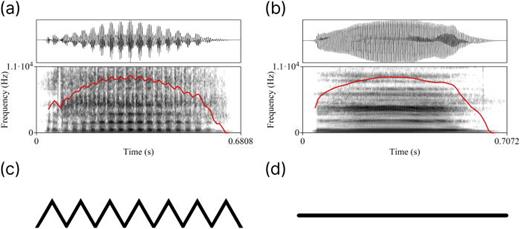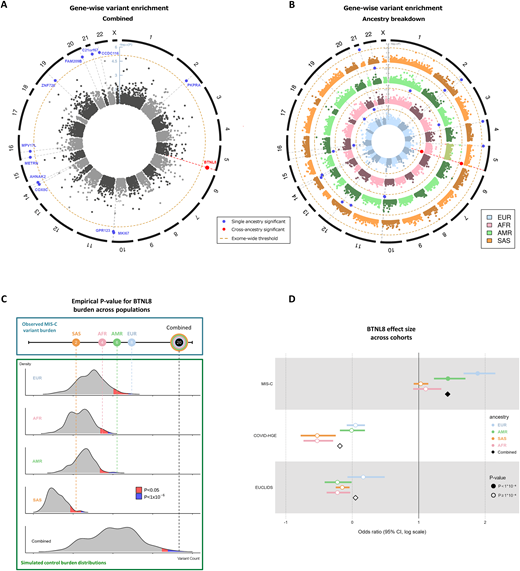2024-11-25 マックス・プランク研究所
<関連情報>
- https://www.mpg.de/23761186/1125-limn-chronic-inflammatory-bowel-diseases-does-evolutionary-medicine-offer-new-therapeutic-approaches-153345-x
- https://www.gastrojournal.org/article/S0016-5085(24)05583-5/fulltext
腸の慢性炎症性疾患に対する進化医学: 臨床的ファンタジー以上のもの?
Evolutionary Medicine for Chronic Inflammatory Diseases of the Gut: More Than a Clinical Fantasy?
Nadia Andrea Andreani∗ ∙ Daniel Unterweger∗ ∙ Stefan Schreiber ∙ John F. Baines
Gastroenterology Published:October 17, 2024
DOI:https://doi.org/10.1053/j.gastro.2024.10.016
Figure 1 Bacterial evolution in an inflamed intestine and its clinical relevance. Bacteria in the intestine are exposed to a different environment after the onset of inflammation. Natural selection favors bacterial variants that differ in their genotype from other bacteria in the population and have an increased fitness in the inflamed host environment. Differently colored bacteria depict genetic diversity within the population. Examples for clinically relevant phenotypes of bacteria evolving in an inflamed environment are 1) increased virulence by higher motility and 2) more invasion into host cells. Novel treatment approaches could prevent the evolution of adaptive traits with the use of vitamin B6 or specifically target evolved bacteria based on their collateral sensitivity to antibiotics.
Evolutionary medicine applies the principles of evolution to improve patient health.1,2 Several clinical disciplines3–5 already incorporate evolution, and it has begun to receive attention in gastroenterology.6 Four recent experimental studies show evolutionary adaptation of gut bacteria to intestinal inflammation within weeks,7–10 and an analysis of the intestinal microbiome of patients with inflammatory bowel disease (IBD) identified inflammation-adapted bacterial lineages that evolved over millions of years.11 These findings lay the foundation for evolutionary medicine in patients with chronically inflamed intestines. We see the rise of a new era in gastroenterology therapy with the potential for novel, evolution-informed treatment options ahead.
Changes in an individual’s microbiota can be attributed to bacterial evolution. The human microbiota been subject to macroevolutionary processes on scales of millions of years,12 and an individual’s lifetime is sufficient for microevolutionary changes in host-associated bacteria, as observed even in healthy volunteers.13 The genetic diversity constantly generated by replicating bacteria may give rise to a bacterial variant with a fitness advantage over its ancestor (Figure 1). The variant’s increase in frequency in the bacterial population owing to selection is an example of adaptation by natural selection. Mutations occur both within and between genes, with either direct effects on protein function or on gene expression.


